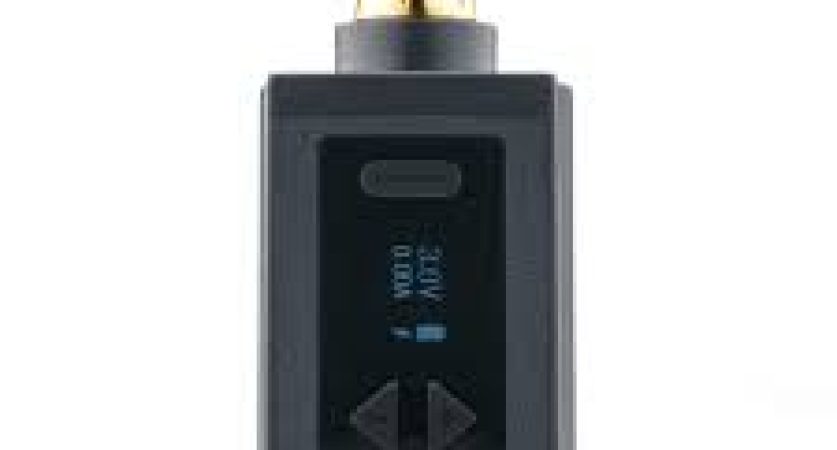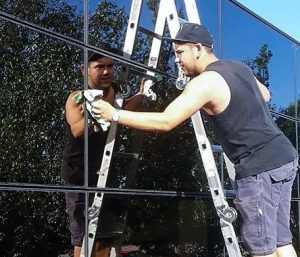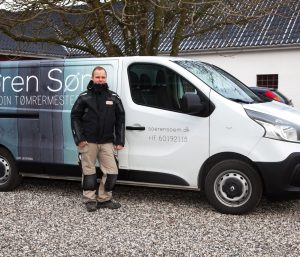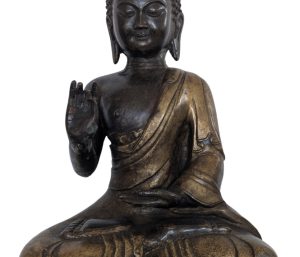Tattoo Machines Professional: The Artistry Behind Precision

In the world of tattooing, the tattoo rotary machine stands as an artist’s most trusted tool. These precision instruments, known as tattoo machines, have evolved over the years, becoming a cornerstone of the tattoo industry. Tattoo professionals rely on these machines to create stunning and enduring artworks on the canvas of human skin. From their inception to the intricate mechanisms they employ, let’s delve into the fascinating world of tattoo machines professional.
The Birth of Tattoo Machines
The history of tattoo machines dates back to the late 19th century when the desire for efficient and precise tattooing tools grew among artists. Before tattoo machines, tattoos were done by hand, a painstaking process that required a steady hand and a considerable amount of time. It was Samuel O’Reilly, an American inventor, who is credited with patenting the first electric tattoo machine in 1891. O’Reilly’s invention revolutionized the tattoo industry, as it offered tattoo artists a more efficient and consistent way to apply ink to the skin.
The Anatomy of a Tattoo Machine
Tattoo machines are meticulously crafted instruments, each component serving a crucial role in the tattooing process. At the heart of every Tattoo Machines Professional is the electromagnetic coil assembly. When powered on, these coils create an electromagnetic field that moves the machine’s armature bar up and down. Attached to the armature bar is the tattoo needle, which is responsible for puncturing the skin and depositing ink.
The needle’s movement is regulated by the machine’s power supply, which allows the tattoo artist to control the depth and speed of the needle’s penetration. This precision is vital for creating clean lines, shading, and gradients in the tattoo design. Additionally, a grip or handle provides the tattoo artist with a comfortable and stable grip on the machine during the tattooing process.
Types of Tattoo Machines
Tattoo machines come in various types, each designed for specific tattooing techniques and styles. The two primary types are coil machines and rotary machines.
- Coil Machines: These are the classic tattoo machines that use electromagnetic coils to move the armature bar and needle. Coil machines are known for their versatility and ability to handle a wide range of tattooing styles, from bold outlines to intricate details. They are favored by many traditional tattoo artists for their precision and control.
- Rotary Machines: Rotary tattoo machines, on the other hand, operate using a rotating motor to drive the needle. They offer a quieter and smoother tattooing experience, making them popular among artists who prioritize comfort. Rotary machines are often preferred for fine lines, color blending, and intricate work.
Professional Tattooing: Precision and Artistry
Tattoo artists, especially professionals, are masters of their craft. They spend years honing their skills and mastering the use of tattoo machines to create stunning artworks. The precision and control offered by tattoo machines are essential for achieving the desired results in the world of tattooing.
Tattoo artists carefully select the appropriate machine for each tattoo, taking into consideration factors such as the client’s skin type, the size and complexity of the design, and the desired style. They adjust the machine’s settings, including needle depth and speed, to ensure the best possible outcome.
Moreover, the ink itself plays a vital role in the tattooing process. Tattoo professionals carefully choose the type and quality of ink, as well as the color palette, to achieve the desired aesthetic and longevity of the tattoo. The combination of the artist’s skill, the tattoo machine’s precision, and the quality of the ink results in a tattoo that can be a work of art and a lasting testament to the client’s personal expression.
Maintaining Professional Tattoo Machines
Tattoo machines are intricate pieces of equipment that require regular maintenance to ensure their longevity and performance. Professional tattoo artists take great care in cleaning and sterilizing their machines after each use to prevent cross-contamination. Proper lubrication of moving parts and regular replacement of worn components are also crucial for keeping the machine in optimal working condition.
In conclusion, tattoo machines professional are the backbone of the tattoo industry, enabling artists to transform their creative vision into permanent works of art on the skin. These precision instruments have come a long way since their invention in the late 19th century, evolving to meet the demands of modern tattooing styles and techniques. With their intricate mechanisms and the skillful hands of tattoo artists, these machines play an integral role in the artistry and precision of professional tattooing.
- SHARES
- [shared_counts]

Ashmawi Sami has a Bachelor degree in Travel and Tourism Management from the University of Minnesota. He has his own travel vlogging channel. Besides being a fantastic yoga instructor he has travelled to 9 countries and planning his next trip soon. As the father of 3 dogs, he is well-trained in parenting, crowd control, and crisis situations.
ABOUT ME

Gillian is a freelance blogger, student, and full-time traveler. Each day she spends her time exploring something exciting to help people find the information they need while travelling to a new destination. Whether it be the place to enjoy holidays, or a spot to throw a party or hidden gems that you must visit in the city.
ALL CATEGORIES
- Adventure (13)
- Automotive (8)
- Business (716)
- Education (13)
- Event (4)
- Health (286)
- Insurance (11)
- Lifestyle (12)
- News (1)
- Real Estate (19)
- Shopping (26)
- Technology (23)
- Travel (8)

JOIN US TODAY
POPULAR POST
January 27, 2021 -
Adventure Travel For The Audacious Spirit
January 27, 2021 -
Small Business Loans for Women
January 27, 2021 -
Adventure Tours in Vanuatu
RECENT POST
July 5, 2025 -
Maximize Property Returns with Smart Vermieter Software: Boost Your Rendite bei Immobilien
In today’s fast-paced real estate market, landlords face...
July 5, 2025 -
Revolutionize Your Build with Perforated Sheet and Unistrut Systems in Singapore
In Singapore’s fast-paced construction and industrial sectors, builders,...
July 5, 2025 -
Choose the Right Steel Supplier in Singapore for Quality Aluminium U Channel Solutions
When it comes to construction, industrial manufacturing, or...
July 5, 2025 -
Få Professionel Rengøring i Middelfart – Din Lokale Ekspert
Når hverdagen er travl, og tiden ikke altid...













